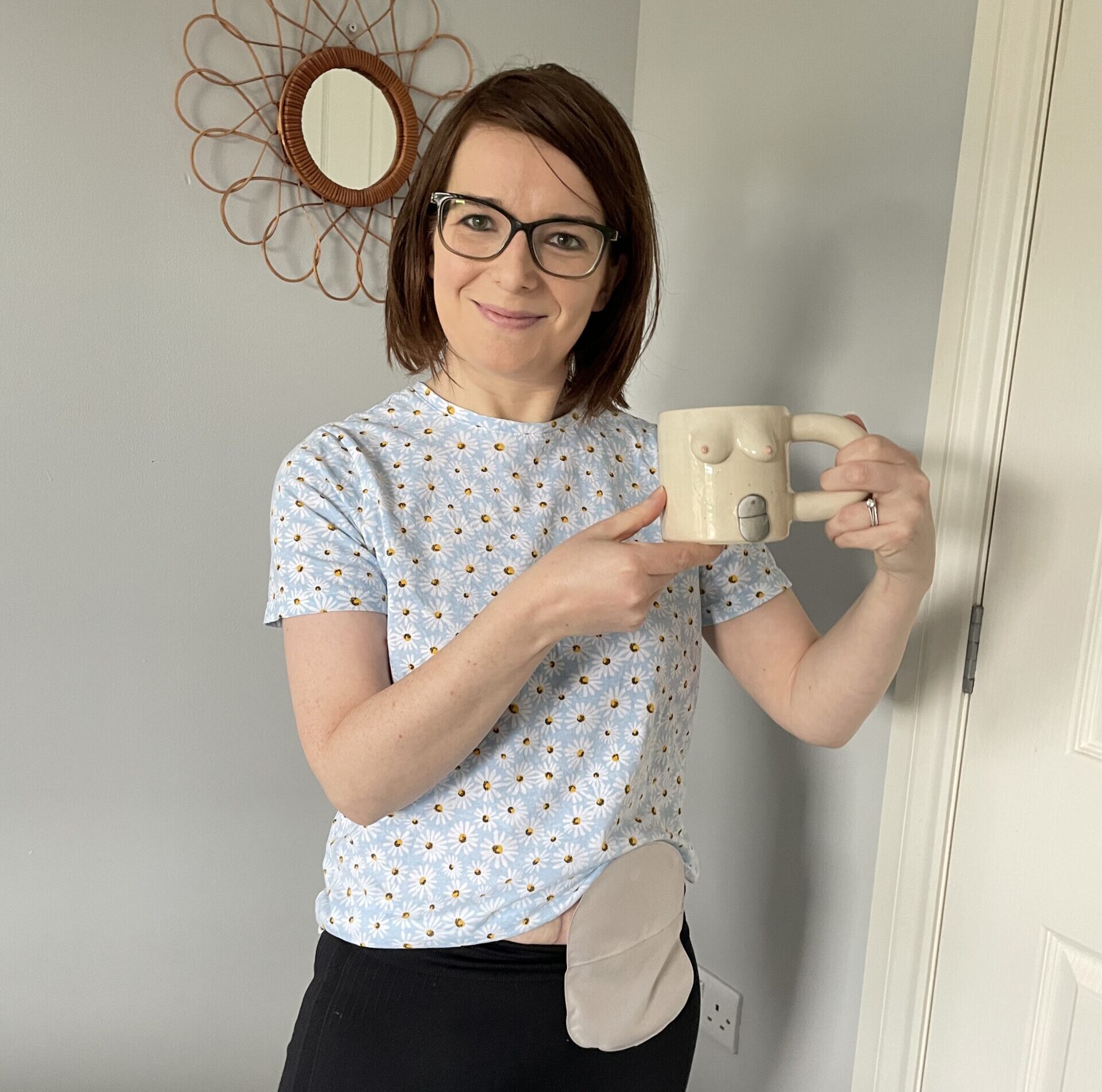
Depending on the type of chemotherapy you are undergoing, you might be in the hospital for a few hours so having some things to keep you entertained and comfortable is a must. Here’s a list of 10 things to consider taking with you during your session – and don’t forget a bag or even a small suitcase on wheels (much easier!) to carry it all in.
1. Take a notepad and pen for recording any thoughts, questions or concerns that you have. This means when the nurses pop by you can talk to them about anything on your mind. Journaling your experience can also be comforting if you enjoy writing.
2. Music, books and puzzles will help you relax and keep you entertained during your infusion session. If you’re bringing an electronic device, make sure it’s fully charged and bring a charging cable just in case.
3. Snacks! Don’t forget to bring some snacks and bottled water to keep yourself hydrated during your infusion session. Bring a mix of foods that give you bursts of energy but are also comforting. Things like fruit (fresh or dried) or cereal bars are quick and easy on the go plus chocolate or a few sweets in moderation 😊 – you deserve a treat!
4. Keep warm and comfortable. Although your centre will try and keep warm, it’s important to think of layers so you can adjust yourself and feel comfortable throughout your session. Consider things like scarfs or wrap around blankets you can remove without impacting your IV. Think about all extremities too – you may want to bring gloves and cosy shoes (slippers even) so you’re feeling comfortable throughout.
5. Another little extra thing to add would be lip balm. The atmosphere in hospitals can be very dry and can make your lips cracked and uncomfortable.
6. For the same reason you might want to consider some lotion for your skin. Chemotherapy can dry out your skin so hand cream or body lotion can help you feel better. Consider an unscented brand as sometimes your sense of smell may be heightened during treatment.
7. Handy, ready to go stoma kit. In case your stoma becomes active during your session make sure you’re prepared with a ready to go pouch plus any accessories you may need. Don’t forget a little disposable bag for waste too.
8. If you’re on any other medication make sure you bring that with you and let your oncology nurse know your routine so they can monitor you throughout your session.
9. Consider earplugs and an eye mask. Hospitals or centres can be really busy, noisy places. You might want to block everything out for a while and rest if you can.
10. A friend – most centres will let you bring someone with you if you wish. You might not want to but know the option is there should you want someone there for support, comfort or to just go and get you a bar of chocolate or warm drink!

 US
US 



